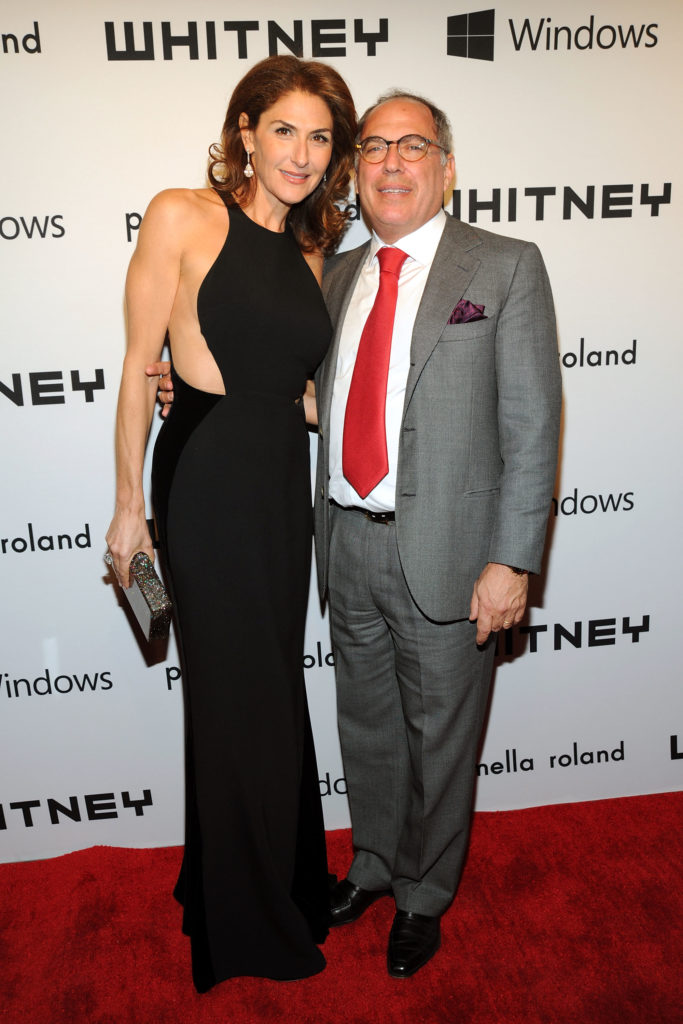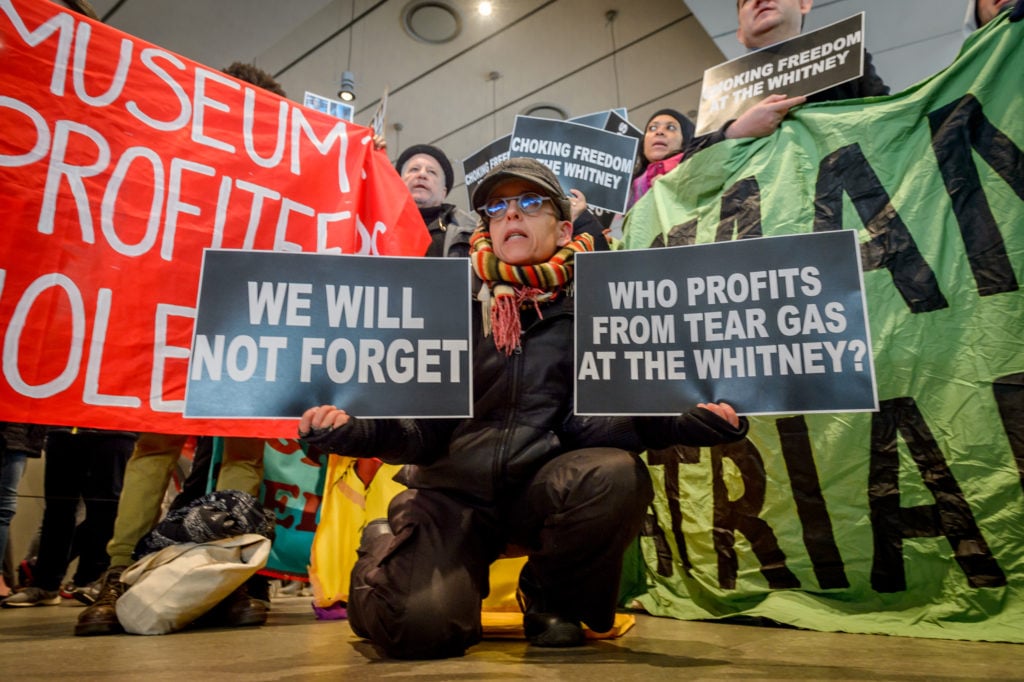Politics
Ousted Whitney Trustee Warren Kanders Is Selling Off the Parts of His Company That Manufacture Tear Gas and Other ‘Crowd-Control Solutions’
Kanders and his company Safariland have come under renewed scrutiny.

Kanders and his company Safariland have come under renewed scrutiny.

Taylor Dafoe

Warren Kanders, the CEO of Safariland, a manufacturer of military and police equipment, and former vice chairman of the Whitney Museum, announced today that he will divest from the divisions of his company that produce “crowd-control solutions.”
Kanders resigned from the Whitney’s board last year after activists protested Safariland’s manufacturing of tear gas, which has been used against migrants at the US-Mexico border. The latest announcement, first reported by the New York Times, comes amid reignited scrutiny of Kanders and Safariland for allegedly supplying tear gas that was deployed in recent weeks against Black Lives Matters protesters.
Safariland will now sell two of its subsidiary divisions, Defense Technology and Monadnock, which sell chemical agents, batons, restraints, and other items sold to law enforcement and military agencies. The divisions currently represent 6 percent of the company’s $500 million yearly revenue, according to the Times.
Defense Technology’s current management team will become the new owners of the standalone business upon completion of the deal, which is expected to take place in the third quarter of this year.
The announcement did not explain the impetus for divesting, nor did it disclose the details of the deal or whether Kanders would continue to hold stock in the subsidiary companies.

Activists took over the lobby at the Whitney to protest Warren B. Kanders in July 2019. Photo by Erik McGregor/Pacific Press/LightRocket via Getty Images.
In a statement, Kanders said that the company will now focus solely on “passive defensive protection” such as shields and bullet-proof vests.
“As we look to the future, Safariland will continue to support public safety professionals in all lines of service as they risk their lives daily to keep the public safe,” he said. “First responders—including police, fire, EMT, domestic abuse, and drug and addiction intervention counselors—take immeasurable risk each day when they report to work. Safariland will always support them.”
Kanders declined to comment further to Artnet News.
Kanders, who joined the Whitney’s board in 2006 and donated more than $10 million to the institution over 13 years, resigned last July as protests against him and the museum escalated. On one occasion, demonstrators marched from the museum to the door of Kanders’s own home, demanding his resignation.
The case spurred a larger cultural debate about the ethics of philanthropic funding for museums and other non-profits.
“Tear gas is a chemical weapon, and we sincerely hope that something that follows the inspiring and invigorating protest energy that we’re seeing in the US and around the world right now is a concerted international effort to pursue the prohibition of this chemical agent, a brutal suppressant of our democratic and legal right to protest,” Robert Trafford, a member of the collective Forensic Architecture, told Artnet News. (The group withdrew its contribution to the 2019 Whitney Biennial in protest of Kanders’s presence on the museum’s board.)